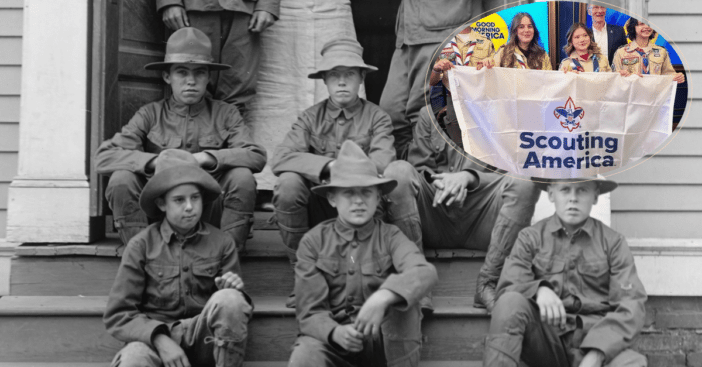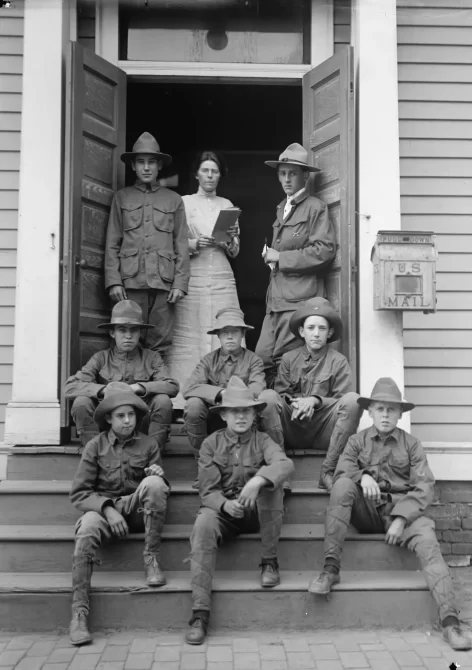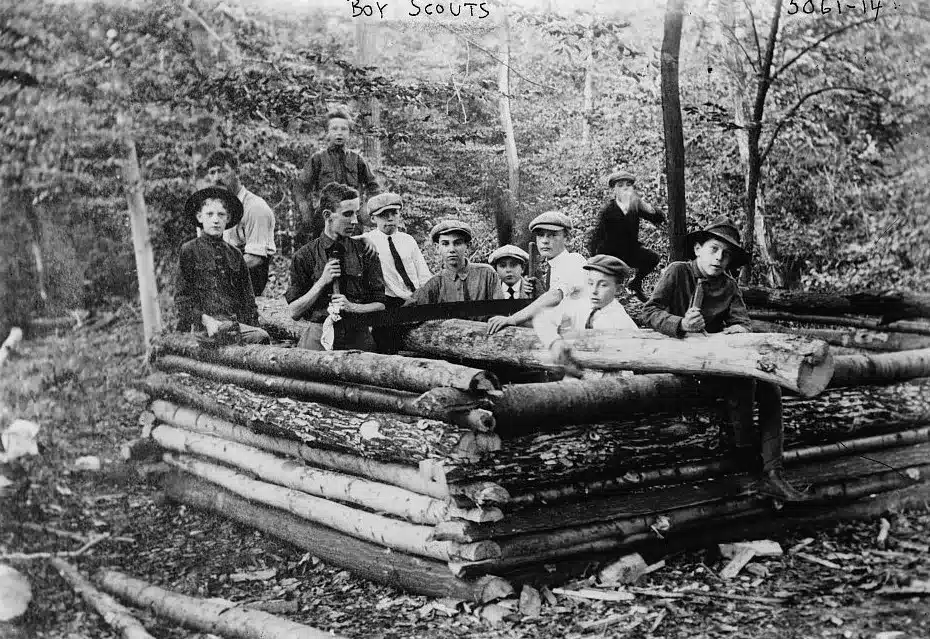
For 115 years, the Boy Scouts of America has been a symbol of adventure, leadership, and personal growth. The organization built its reputation on teaching young people valuable life skills, from outdoor survival to teamwork and responsibility. Millions of scouts have worn the uniform, earned badges, and carried the lessons they learned into adulthood.
However, change is in the air. The Boy Scouts of America is changing its name for their milestone anniversary. While some see this as a natural evolution, others question why such a long-standing name needed to go.
Why did the Boy Scouts change its name?

The name change is part of the organization’s ongoing effort to modernize and create a more inclusive environment. The shift began in 2018 when the Boy Scouts program was renamed Scouts BSA, allowing girls to participate for the first time. Earlier policy changes in 2013 and 2015 opened membership to gay youth and adult leaders.
Now, the transition to Scouting America finalizes the organization’s evolution. However, this rebrand is also happening as a result of the over 82,000 sexual abuse claims the organization has gone through in the last five years.
View this post on Instagram
Citizens react to the name change
Not everyone is happy about the name change, as critics, especially those from conservative circles, argue that the organization is abandoning tradition. Georgia Republican representative Andrew Clyde voiced his frustration on X, saying the Left has now taken ‘Boy’ out of ‘Boy Scouts.’ “Wokeness destroys everything it touches,” he quipped.

Radio host Mark Davis shared a similar sentiment, posting, “God help us. We can’t have ‘boy scouts’ any more.”The nonprofit Gays Against Groomers also weighed in, saying inclusion can not be achieved but instead the destabilization of children’s identities. “It is a blatant denial of the natural difference between boys and girls. Boys deserve their own spaces just as much as girls do, not blurred lines. Sad and disheartening to witness,” they argued.
